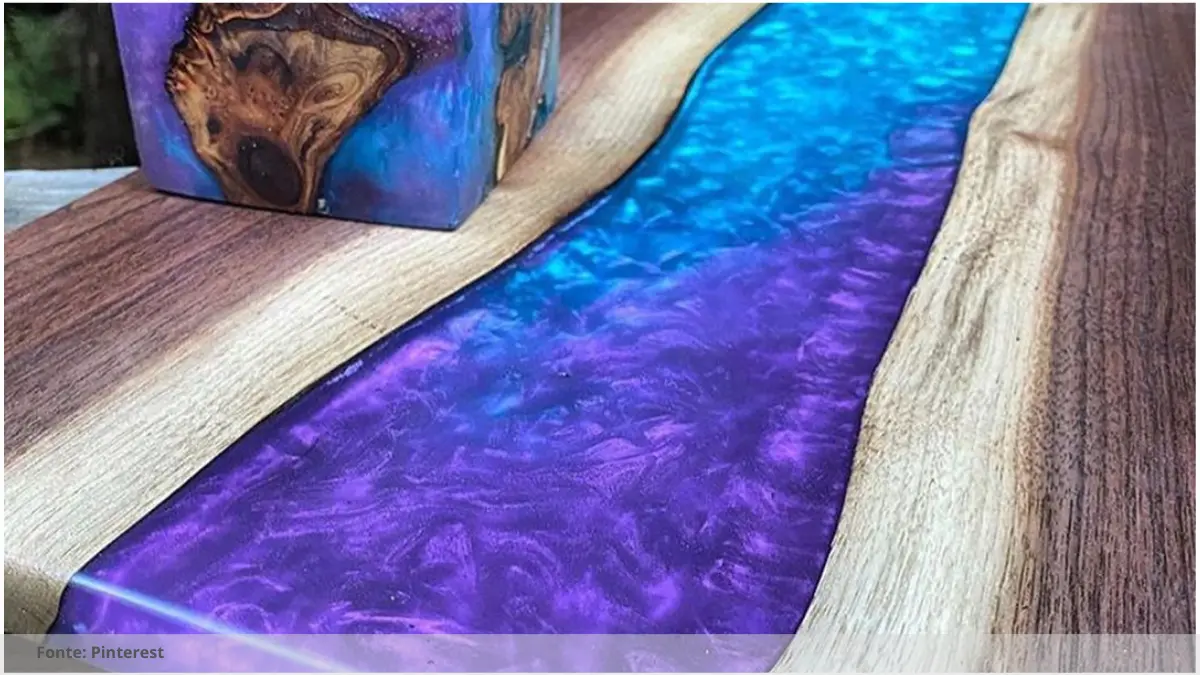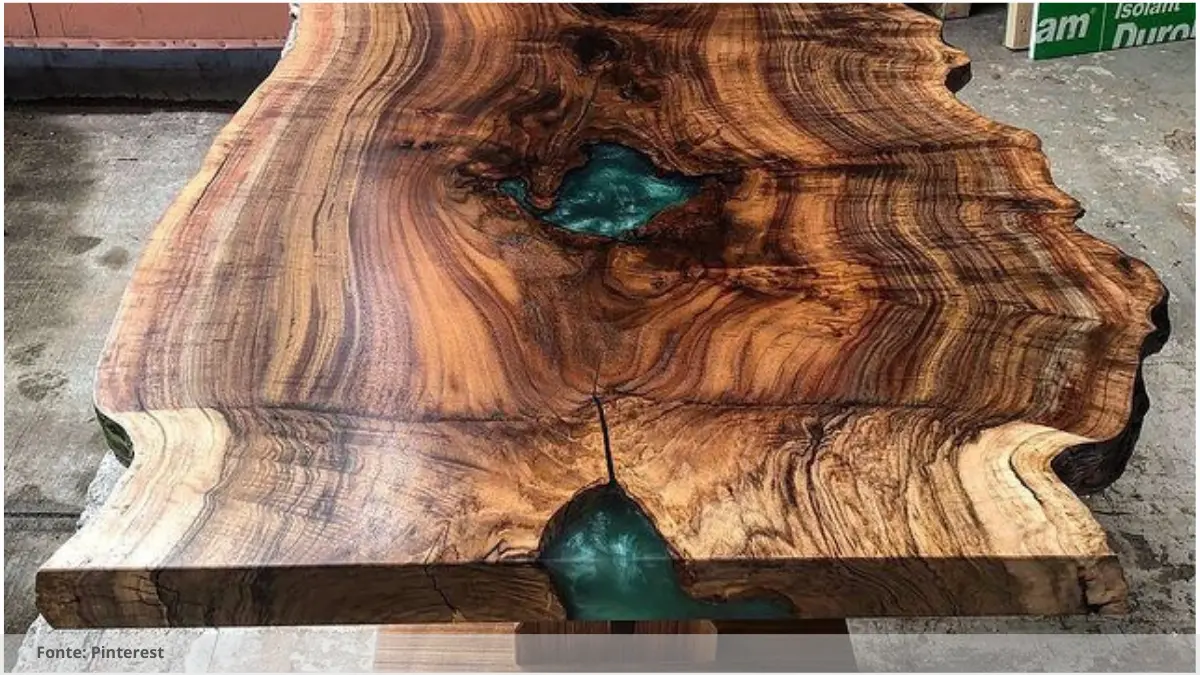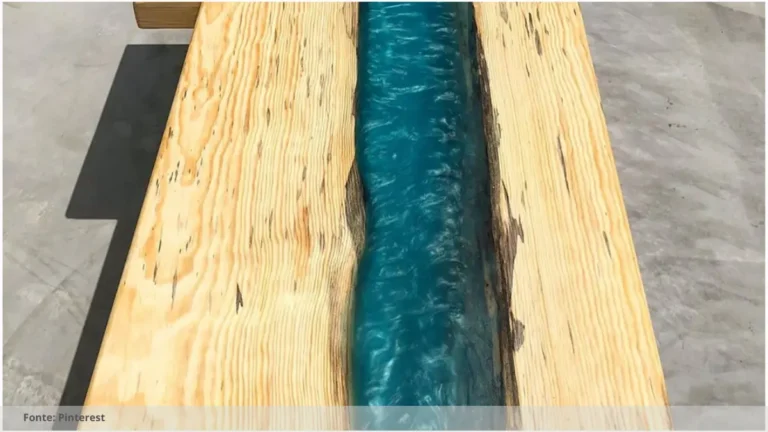
Resin vs Epoxy: Understanding the Key Differences and Best Uses
What is Resin?
Resin is a viscous substance derived from plants or synthesized chemically. It is commonly used in a variety of applications such as adhesives, coatings, and printing. Resin is known for its versatility and durability, making it a popular choice among artists and DIY enthusiasts.
What is Epoxy?
Epoxy is a type of resin that is specifically designed for bonding and sealing applications. It is made by mixing two components – a resin and a hardener – which react chemically to form a strong and durable bond. Epoxy is commonly used in construction, automotive repair, and industrial settings due to its high strength and resistance to chemicals and moisture.
The Key Differences
One of the main differences between resin and epoxy is their intended use. While resin is more versatile and can be used for a variety of applications, epoxy is specifically formulated for bonding and sealing purposes. Additionally, epoxy tends to be stronger and more durable than regular resin, making it a preferred choice for projects that require a high level of strength and durability.
Best Uses of Resin
Resin is great for creating art projects such as jewelry, sculptures, and decorative items. It can also be used for coating surfaces such as countertops, tables, and floors to provide a glossy and durable finish. Resin is easy to work with and can be colored and molded to create unique designs.
Best Uses of Epoxy
Epoxy is ideal for projects that require a strong and durable bond, such as repairing automotive parts, sealing concrete surfaces, and assembling metal components. Its high strength and resistance to chemicals and moisture make it a popular choice for industrial applications where reliability is crucial.
In conclusion, both resin and epoxy have their own unique characteristics and best uses. Understanding the key differences between the two can help you determine which one is most suitable for your specific project. Whether you are a hobbyist looking to create art projects or a professional in need of a reliable bonding solution, resin and epoxy have you covered.
Read the Recent Articles of the Day by Clicking Here!
One important suggestion when it comes to understanding the key differences between resin and epoxy is to carefully consider the intended use of the material. Resin and epoxy have unique properties that make them suitable for different applications.
For example, epoxy is known for its high strength and durability, making it ideal for use in construction, marine applications, and automotive repairs. On the other hand, resin is more flexible and has a lower viscosity, making it better suited for artistic projects, jewelry making, and coating surfaces.
By understanding the specific characteristics of each material, you can choose the right one for your project and ensure the best results. It is also important to follow the manufacturer’s instructions for proper handling and application to achieve the desired outcome.

Frequently Asked Questions: Resin vs epoxy
What is the main difference between resin and epoxy?
The main difference between resin and epoxy is that epoxy consists of two parts that need to be mixed together, whereas resin is typically a single component material.
Can resin and epoxy be used interchangeably in projects?
Resin and epoxy can be used interchangeably in some projects, but it is important to consider the specific needs of the project such as curing time, flexibility, and durability.
What are the best uses for resin vs epoxy?
Resin is best used for art projects, jewelry making, and crafting. Epoxy is ideal for sealing, coating, and repairing items like flooring, countertops, and furniture.
How do I choose between resin and epoxy for my project?
Consider the desired finish, durability, and cure time of the project. Resin is flexible and has a shorter cure time, while epoxy is more durable and offers a high-gloss finish.
So, what do you think about this subject? Share your opinion in the comments and let’s continue discussing together!


